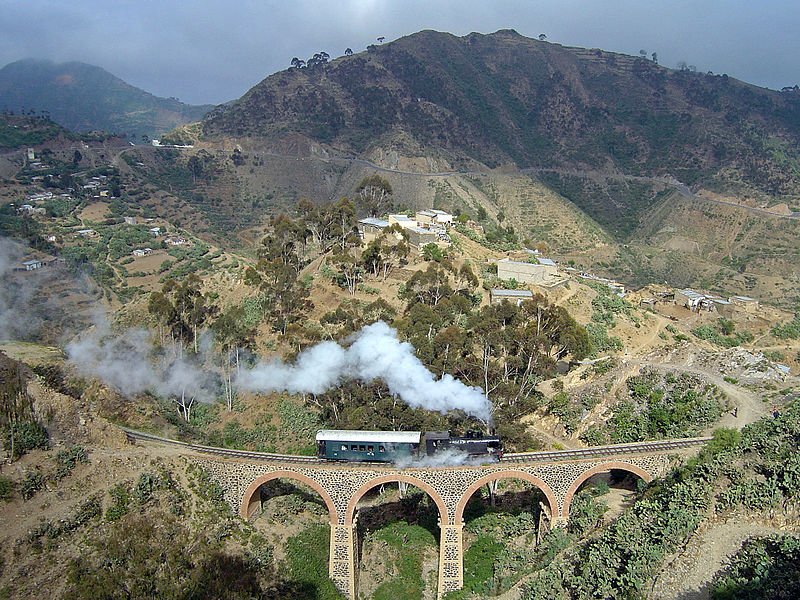
Working title:
Running Away from the Land of the Sun: One Eritrean’s Story of Survival
by: Hadish Mehari and Lisa Namikas
It was November 11th, and the familiar hum of the neighborhood café casually mocked Remembrance Day's last few solemn sounds. Before our coffee could warm our hands, Hadish began to speak of his people, their silence amidst endless sacrifice, their stolen dreams, and, too often, their lives cruelly snatched away. His words seemed to flow, but I detected a cautious pause along the way and couldn’t help but think it reflected the difference between our backgrounds. The pages of books shaped my understanding of the world; his was created out of experience and the harsh realities of life. At that moment, I knew that to understand what he said, I had to walk not just through the pages of history but alongside those who were touched by its wounds.
I found myself eager to ask the question—the same one posed to many Eritreans by outsiders curious about their odyssey.
“Why did you leave?”
I waited for his answer.
Eritrea is not engulfed in civil war, nor is it crippled by the sting of economic collapse, or the devastation of natural disasters. To understand the persistent exodus of its people, one must look beyond the surface to see the reality within: the stifling grip of Isaias Afeworki’s dictatorship. This regime has shrouded Eritrea in secrecy and brought deteriorating living conditions for its people.
“We have no democracy,” Hadish said with a serious look.
As I studied his expression, I tried to fathom the layers behind those words. I guessed he was trying to frame his explanation in a way he thought that a westerner like me might understand and, at the same time, compensate for the contrast between our worlds. I sensed deeper reasons anchored his decision to leave. The reality is that countless Eritreans live in fear for their lives. They escape their country against difficult odds, crossing treacherous mountains and crocodile-infested waters, only to face the bullets of border guards. No one risks so much for the lack of democracy, at least not in the simplistic sense we often conceive it.
Through Hadish’s perilous journey, I came to understand the bitter truth of a nation that, despite its newfound independence, trapped its citizens in a void of unfulfilled promises—a cruel paradox of freedom denied. Days after turning sixteen, he was coercively conscripted into National Service and later imprisoned for a trivial infraction. At the same time, his loyalty to family traditions was tested, ultimately culminating in a devastating betrayal within marriage. After several futile attempts to escape his fate, he found himself exiled to a remote military base at Assab on the Red Sea, facing the grim prospect of a long prison sentence. In an act of sheer desperation, he chose not to resort to violence or vengeance, but instead made a daring escape alone into the harshest desert on earth. For ten days, he wondered under the unforgiving sun, until by chance, an Afar trader happened upon him. The two would ultimately walk a perilous path in disguise, bringing him into Djibouti, where he would remain in detention centers for over a year until offered freedom in the United States.
